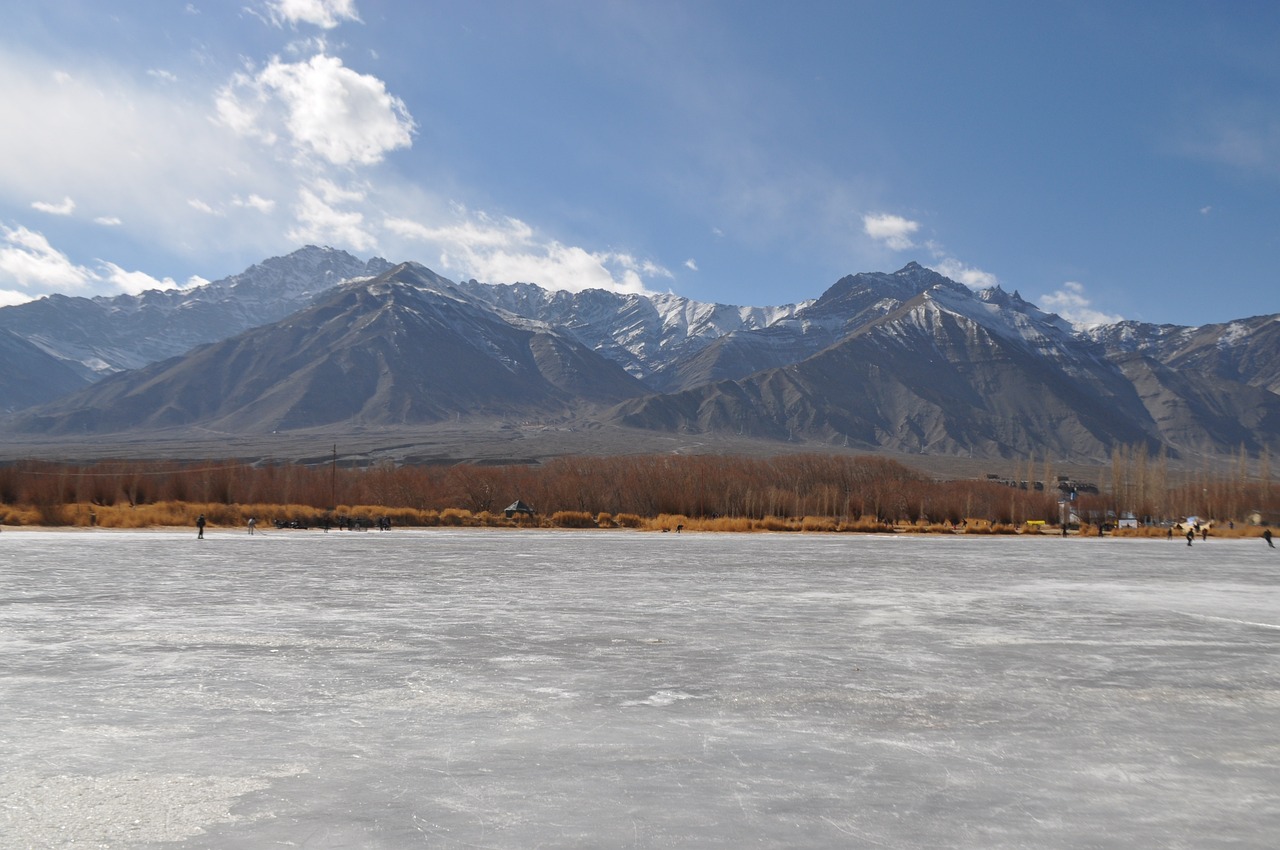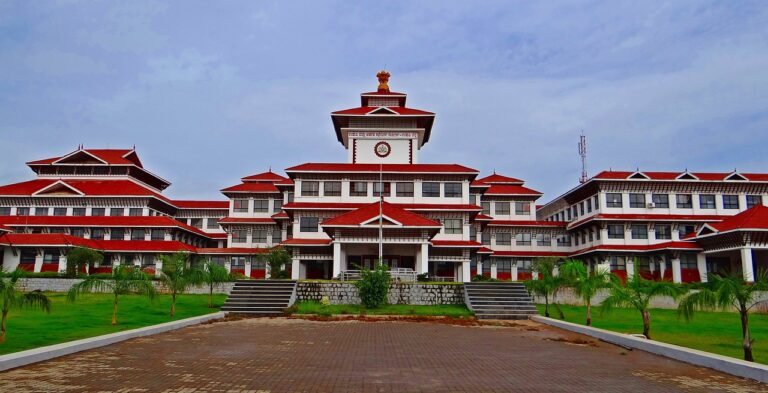Media Training for Engaging with Volunteer Organizations: 11xplay pro, 24 betting login india, Skyinplay live login
11xplay pro, 24 betting login india, skyinplay live login: In today’s fast-paced political landscape, the role of media training in political research cannot be overstated. Media training plays a crucial role in shaping the way politicians communicate with the public, how their messages are perceived, and ultimately, how successful they are in achieving their political goals. In this blog post, we will delve into the importance of media training in political research and how it can make a significant impact on a politician’s career.
Crafting the Message
One of the key aspects of media training in political research is learning how to craft a compelling and effective message. Politicians need to be able to communicate their ideas clearly, concisely, and persuasively to the public. Media training teaches politicians how to structure their messages in a way that resonates with their target audience and conveys their key points effectively. By honing their message crafting skills, politicians can make a lasting impact on voters and garner support for their political agenda.
Building Confidence
Another important aspect of media training in political research is building confidence. Politicians often find themselves in high-pressure situations, such as debates, interviews, and public speaking engagements. Media training helps politicians develop the confidence they need to perform well under pressure and deliver their message with poise and authority. By improving their confidence levels, politicians can engage more effectively with the media and the public, ultimately enhancing their credibility and trustworthiness.
Handling Difficult Questions
Media training also plays a vital role in teaching politicians how to handle difficult questions from the media and the public. Politicians often face tough questions that require them to think on their feet and respond diplomatically. Media training equips politicians with the skills they need to navigate tricky situations gracefully, maintain their composure, and stay on message. By learning how to handle difficult questions effectively, politicians can avoid potential pitfalls and present themselves in the best possible light.
Utilizing the Media
In today’s digital age, the media plays a pivotal role in shaping public opinion and influencing political outcomes. Media training in political research helps politicians understand how to utilize the media to their advantage. Politicians learn how to engage with journalists, utilize social media platforms, and leverage traditional media channels to reach a wider audience and promote their agenda. By mastering the art of media engagement, politicians can amplify their message, connect with voters, and ultimately, achieve their political objectives.
Navigating Crisis Situations
In politics, crisis situations are inevitable. Whether it’s a scandal, controversy, or unforeseen event, politicians need to be prepared to handle crisis situations effectively. Media training teaches politicians how to navigate crisis situations with tact and diplomacy, communicate with the public in times of uncertainty, and manage their reputation in the face of adversity. By honing their crisis communication skills, politicians can mitigate damage, maintain public trust, and emerge stronger from challenging situations.
Achieving Political Objectives
Ultimately, the role of media training in political research is to help politicians achieve their political objectives. Whether it’s winning an election, passing legislation, or building public support for a policy initiative, media training equips politicians with the skills they need to communicate effectively, engage with the media, and connect with voters. By investing in media training, politicians can improve their chances of success, enhance their public image, and make a lasting impact on the political landscape.
In conclusion, media training plays a crucial role in shaping the way politicians communicate with the public, navigate the media landscape, and achieve their political goals. By honing their message crafting skills, building confidence, handling difficult questions, utilizing the media, navigating crisis situations, and ultimately, achieving their political objectives, politicians can enhance their effectiveness and make a meaningful impact in the political arena. Media training is a valuable tool for politicians looking to succeed in today’s complex and competitive political environment.
FAQs
Q: What is media training in the context of political research?
A: Media training in political research refers to the process of equipping politicians with the skills they need to communicate effectively, engage with the media, and achieve their political objectives.
Q: Why is media training important for politicians?
A: Media training is important for politicians because it helps them craft compelling messages, build confidence, handle difficult questions, utilize the media, navigate crisis situations, and ultimately, achieve their political goals.
Q: How can politicians benefit from media training?
A: Politicians can benefit from media training by improving their communication skills, enhancing their credibility, building public trust, and increasing their chances of success in the political arena.







